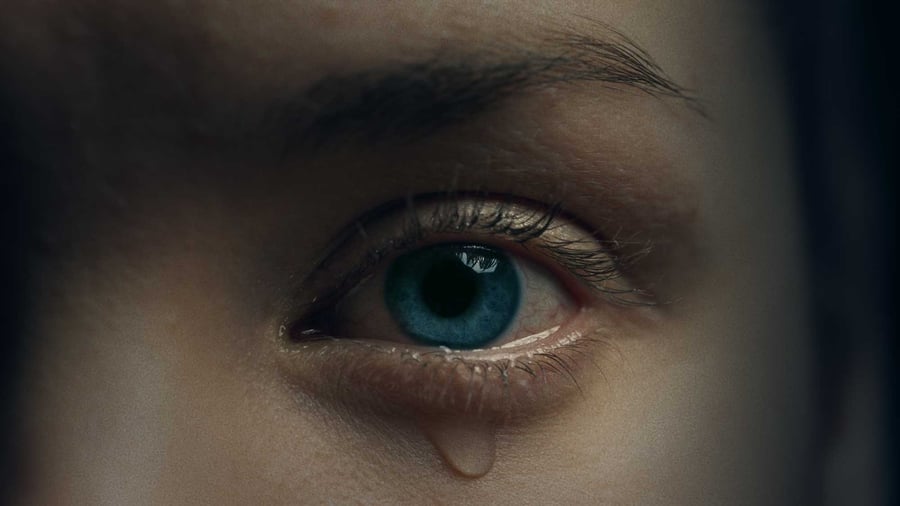War has returned to Europe. The abruptness of the conflict has caught many of us off-guard, and it must be said that its effects are being felt most acutely by those directly involved: people hiding in bomb shelters, people who have lost their loves ones.

At the same time, the war in Europe is affecting all of us, in at least some way. First, there was the pandemic, which restricted most of our social contact to being online. Now, if someone wants to avoid videos of bombs detonating while scrolling their feeds, it’s almost impossible. It seems as though there is nothing but grief and helplessness.
During a global crisis, someone always benefits from spreading fear or false information. Propaganda, indoctrination, misinformation, disinformation, social engineering, and criminal activity are ever-present in our daily communication channels. Bots ruthlessly attack allegedly intelligent algorithms every second. This is the epitome of a shitty business – nobody wins.
It wouldn't be wise for anybody, no matter their experience, to place too much trust in their media literacy skills because false information and its origins aren’t easy to identify. Nieman Lab, in conjunction with Harvard University’s Nieman Foundation, has published a research-based article about reducing the spread of fake news during the pandemic. Its message is comforting: the most effective thing to do is to do nothing. In other words: don’t share anything you cannot fully trust. Don’t guide any traffic towards a questionable source. If necessary, use screenshots as evidence. And report any content that isn’t appropriate.
On social media, it's convenient for us to become irritated, highlight faults, and seek confirmation to support our current perspective. But now it’s time for a change of strategy. And while doing so, we need to make sure that our own resources are not sucked dry by reading through negative news. Doomscrolling will actually be your doom, if you allow it to.
Instead, try to shift your focus. Identify a few reliable sources and follow those a few times a day at most. Personally, I’d go with this Nieman Lab list. If you’re sure that the information is worth sharing, pass it on. If you are close to children or teenagers, be ready to discuss the content with them, and if necessary, remove harmful applications from their mobile devices. Donate money to large, trustworthy organisations.
What alleviates anxiety? Living in the now, and having conversations. The same goes not only for crises, but everyday life. High-quality information is crucial, but sometimes it’s simply better to log out from the never-ending deluge of news.


